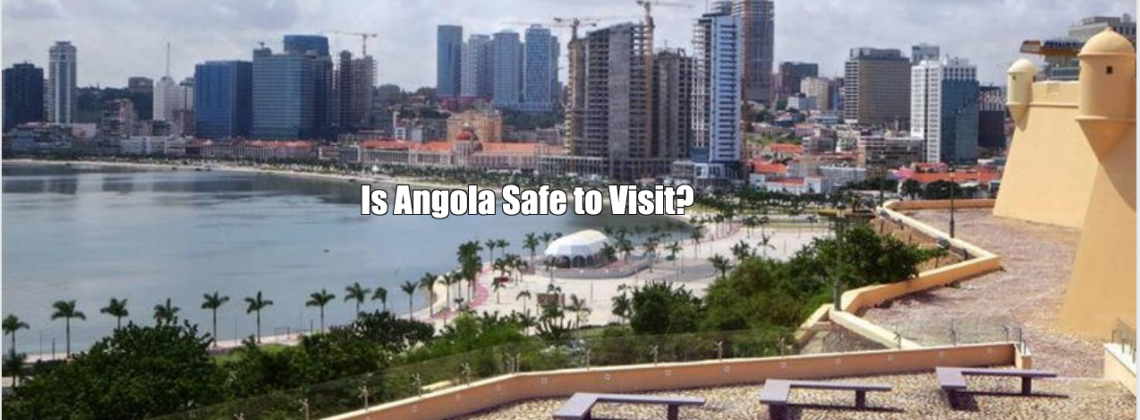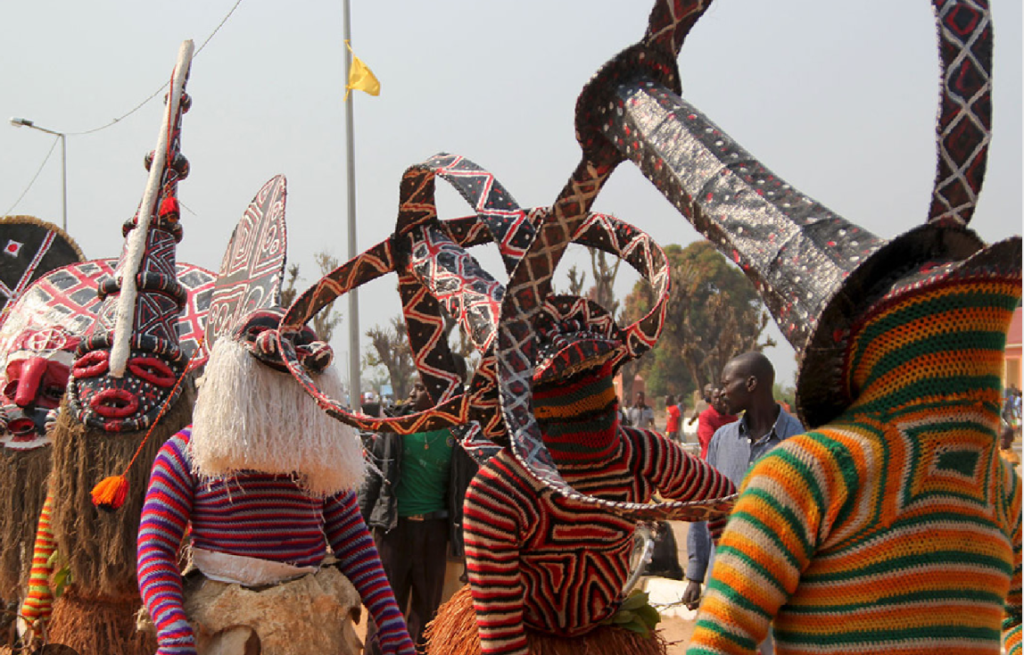
Is Angola Safe?
Summary
Pros
Visiting Angola, like any destination, comes with its own set of pros and cons. These should be carefully considered by anyone planning a trip to this diverse and culturally rich country.
- Natural Beauty: Angola boasts a stunning landscape, including beautiful beaches, national parks, and the impressive Kalandula Falls. Its biodiversity is notable, offering opportunities for wildlife sightings and nature exploration.
- Cultural Richness: Angola has a vibrant cultural scene, influenced by a mix of indigenous traditions and Portuguese colonial history. This blend is evident in its music, dance, and festivals, providing a unique cultural experience.
- Economic Growth: Post-civil war, Angola has experienced significant economic growth, primarily due to its oil reserves. This growth has led to improved infrastructure in urban areas.
- Untouched Tourism: Angola is not a mainstream tourist destination, which means many of its attractions are unspoiled and not overcrowded. This can provide a more authentic and exclusive experience.
- Cuisine: Angolan cuisine offers a delightful culinary experience, with its use of fresh seafood, stews, and local spices. The influence of Portuguese cuisine adds an interesting dimension to the food culture.
Cons
- Safety Concerns: Although the political situation has stabilized, there are still safety concerns. Crime, particularly in urban areas, and occasional political unrest can pose risks to travelers.
- Infrastructure Issues: While urban areas have seen development, rural parts of the country still suffer from inadequate infrastructure. This can make traveling within the country challenging and uncomfortable.
- Health Risks: Angola has a risk of tropical diseases such as malaria and yellow fever. Visitors must take precautions and ensure they are vaccinated before traveling.
- Visa Challenges: Obtaining a visa for Angola can be a complicated and lengthy process, which might deter some travelers.
- High Cost of Living: Especially in the capital city, Luanda, the cost of living is high. Accommodation, dining, and services can be expensive compared to other African countries.
- Language Barrier: Portuguese is the official language, and not many locals speak English. This can be a barrier for travelers who do not speak Portuguese.
Angola is a country of contrasts, offering breathtaking natural beauty and rich cultural experiences but also presenting significant challenges in terms of safety, infrastructure, and health. The decision to visit should be based on a thorough understanding of these factors and personal considerations about what you are seeking in your travel experience.
Angola, located in Southern Africa, has undergone significant transformations over the past decades, especially since the end of its civil war in 2002. When considering the safety of visiting Angola, it’s important to examine various aspects such as political stability, crime rates, health concerns, and general travel advisories.
Angola Political Stability
- Post-Civil War Recovery: Since the end of its long-standing civil war, Angola has been relatively stable politically. However, it’s important to stay updated on current events.
- Government and Governance: The Angolan government has been working towards improving governance and public services, although challenges remain.
Crime and Safety in Angola
- Crime Rates: Like many countries, Angola has areas with higher crime rates. Petty crimes like pickpocketing and theft are common in urban areas.
- Violent Crime: Instances of violent crime are more prevalent in certain regions. It’s advisable to avoid walking alone at night and to stay in well-populated and well-lit areas.
- Police Presence: The Angolan police force is active, but their effectiveness can vary. In some cases, police assistance may not meet international standards.
Health Concerns
- Vaccinations and Diseases: Visitors should be up-to-date with vaccinations like yellow fever. Malaria is prevalent, so anti-malarial medication and precautions against mosquito bites are recommended.
- Medical Facilities: While there are medical facilities in major cities, healthcare quality can be inconsistent. It’s advisable to have comprehensive travel health insurance.
Infrastructure and Transportation
- Road Conditions: Road infrastructure varies greatly. While major cities have good roads, rural areas can be challenging to navigate, especially in the rainy season.
- Public Transportation: Public transport exists but may not meet safety standards common in Western countries. Renting a vehicle with a local driver is often recommended for longer journeys.

Angola Cultural and Environmental Considerations
- Local Customs: Understanding and respecting local customs and laws is crucial. There can be significant cultural differences that visitors should be aware of.
- Environmental Factors: Angola’s diverse environment, from coastal regions to highlands, presents unique challenges and opportunities. Visitors should be prepared for the local climate and terrain.
Travel Advisories and Resources
- Government Advisories: Always check your government’s travel advisories for the most current information on safety and security.
- Local Contacts: Establishing contacts with local residents or travel guides can provide valuable insights and assistance during your stay.
Is Angola Worth Visiting?
Angola offers a unique and enriching travel experience, marked by its stunning natural landscapes, rich cultural heritage, and burgeoning urban development. The country’s highlights include breathtaking scenery like the Kalandula Falls and the serene beaches along its extensive coastline. For wildlife enthusiasts, national parks like Kissama offer a glimpse into Africa’s diverse fauna.
Culturally, Angola is a vibrant tapestry of indigenous traditions and Portuguese colonial influences, evident in its music, dance, and cuisine. Cities like Luanda showcase rapid development and provide a glimpse into the country’s modernizing efforts. However, it’s important to consider the challenges such as infrastructure limitations in rural areas and higher costs in urban centers.
Health precautions are necessary due to risks like malaria. For travelers seeking off-the-beaten-path adventures and willing to navigate these challenges, Angola is undoubtedly a worthwhile destination, offering a blend of natural beauty, cultural richness, and an insight into a country in transformation.
Also Read: Is Accra Safe to Visit? Find Out Now!
Conclusion
Angola offers a rich tapestry of cultural experiences and natural beauty. While it has made significant strides in stability and development, challenges remain. Visitors should exercise caution, stay informed about the local situation, and respect cultural norms.
With proper preparation and awareness, travel to Angola can be a rewarding experience. However, it’s always crucial to evaluate the current conditions and personal comfort with potential risks before planning a visit.
